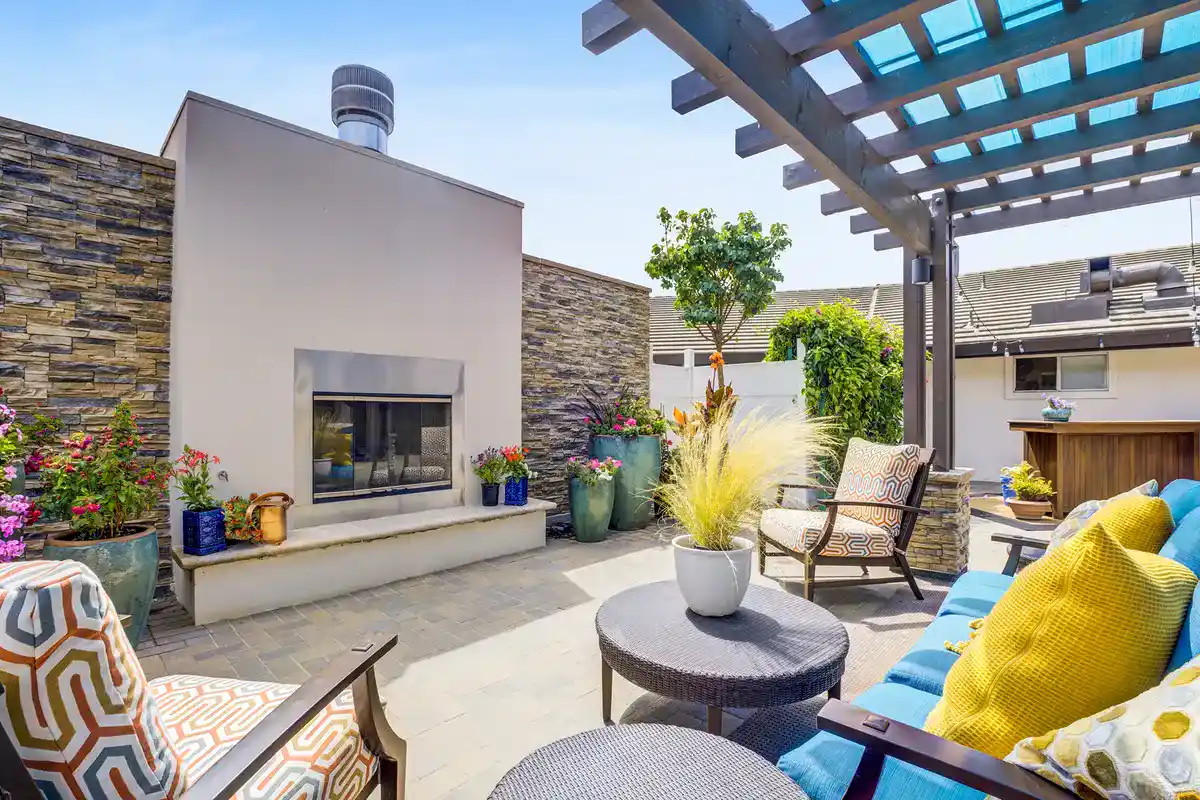
When a loved one starts needing extra support, families often find themselves faced with an emotional—and sometimes overwhelming—decision: Should we choose memory care or assisted living? Knowing the difference between assisted living and memory care can help you decide what’s best for your loved one, ensuring they get the right support while still feeling respected and living life to the fullest.
At Madonna Gardens Assisted Living & Memory Care in Salinas, California, we’ve helped many families through this process, and we’re here to support you every step of the way. In this article, we’ll break down what assisted living and memory care offer, key differences, and signs that may indicate which option is best for your loved one.
What Is Assisted Living?
Assisted living is for seniors who are mostly independent but need some help with activities of daily living (ADLs). Think of it as the perfect middle ground between living at home and full-time nursing care. Residents have their own private apartments, can join in on fun social activities, and take part in wellness programs—all with the peace of mind that help is there whenever they need it.
Key Services in Assisted Living:
- Daily Living Support: Assistance with bathing, dressing, medication management, and personal hygiene.
- Housekeeping & Meals: Regular housekeeping services and nutritious meals prepared to meet dietary needs.
- Engaging Activities: Social gatherings, exercise classes, art workshops, and outings to keep residents active and connected.
- Health & Wellness Programs: Regular health monitoring and wellness initiatives to promote physical and mental well-being.
Who’s a Good Fit for Assisted Living?
Seniors who:
- Need occasional help with activities of daily living (ADLs)
- Want to downsize from home maintenance.
- Enjoy social activities and community living.
- Have mild health conditions that don’t require intensive medical care
What Is Memory Care?
Memory care is a special kind of senior living for people with Alzheimer’s, dementia, or other memory-related conditions. Memory care communities offer a safe, secure environment with daily routines and caregivers specially trained to support mental and emotional well-being.
Key Features of Memory Care:
- Specialized Programs: Engaging activities like music therapy, memory-sharing sessions, and sensory experiences designed to keep the mind active and connected.
- 24/7 Supervision: Continuous care with staff trained specifically in dementia and Alzheimer’s support.
- Safe Environment: Secured areas to prevent wandering, a common behavior in dementia patients, with designs that reduce confusion and promote calmness.
- Personalized Care Plans: Tailored support based on each resident’s unique needs and progression of memory loss.
Who’s a Good Fit for Memory Care?
Seniors who:
- Have been diagnosed with Alzheimer’s or another form of dementia
- Exhibit memory loss that affects daily life
- Show signs of confusion, disorientation, or wandering.
- Need structured routines and specialized supervision for safety.
Key Differences Between Memory Care and Assisted Living
While assisted living and memory care offer supportive environments, they differ significantly in care levels, environment, and programming.
| Aspect | Assisted Living | Memory Care |
|---|---|---|
| Level of Care | Help with Activities of Daily Living (ADL) | Specialized care for cognitive impairments |
| Staff Training | General senior care knowledge | Dementia-specific training |
| Security | Open community design | Secured environment to prevent wandering |
| Activities | Social and recreational programs | Cognitive stimulation activities tailored for memory care |
| Cost | The US monthly median costs is $5,350 | memory care generally costs 20% to 30% more |
Signs Your Loved One Might Need Memory Care Instead of Assisted Living
Deciding when it’s time to move from assisted living to memory care (or start with memory care) can be challenging. Here are some signs to watch for:
Red Flags That May Indicate Memory Care Is Needed:
- Increasing Confusion: Difficulty recognizing familiar people, and places, or completing simple tasks.
- Wandering: Tendency to get lost, even in familiar environments—a significant safety concern.
- Personality Changes: Unusual mood swings, agitation, or anxiety that wasn’t present before.
- Safety Concerns: Forgetting to turn off appliances, leaving doors unlocked, or mismanaging medications.
- Decline in Hygiene: Forgetting to bathe, change clothes, or maintain personal cleanliness.
Factors to Consider When Choosing Between Memory Care and Assisted Living
Choosing the right option comes down to your loved one’s specific needs. Here’s what to consider:
1. Level of Medical and Personal Care Needed:
Does your loved one need help with daily activities, or do they require specialized cognitive support?
2. Safety Concerns:
Are they prone to wandering or getting lost? Memory care provides secure environments designed for safety.
3. Social Engagement:
While both offer activities, memory care programs are designed to support cognitive function, not just entertainment.
4. Budget Considerations:
Memory care tends to cost more due to the higher level of staffing and specialized training. According to the Genworth Cost of Care Survey, memory care can be 20–30% more expensive than assisted living.
5. Emotional Well-Being:
Consider how your loved one’s emotional health will be supported. Routine and familiarity are crucial in memory care, while assisted living offers more flexibility for socialization.
How Madonna Gardens Supports Both Assisted Living and Memory Care Residents
At Madonna Gardens, we’re more than just a senior living community—we’re a family. Some residents enjoy the independence of assisted living, while others benefit from the specialized support of memory care. No matter the level of care, we offer:
- Family-Like Environment: Our compassionate staff treats every resident with the warmth and care they give their family.
- Beautiful Outdoor Spaces: Serene gardens and walking paths are designed for relaxation and connection with nature.
- Holistic Wellness Programs: Activities that nourish the mind, body, and spirit, including fitness classes, creative arts, and music therapy.
- Single-Story Living: Easy accessibility with no stairs, ensuring safety for all mobility levels.
Our team is trained to care for residents and understand them—their history, passions, and unique needs.
When You’re Ready, We’re Here to Help
Choosing the proper care for your loved one is a journey—and you don’t have to walk it alone. Whether you’re considering assisted living or memory care, Madonna Gardens provides guidance, support, and a community where your loved one can thrive.
Schedule a tour today to see how Madonna Gardens can become a second home for your family. Let us show you the warmth, care, and vibrant life waiting here.






